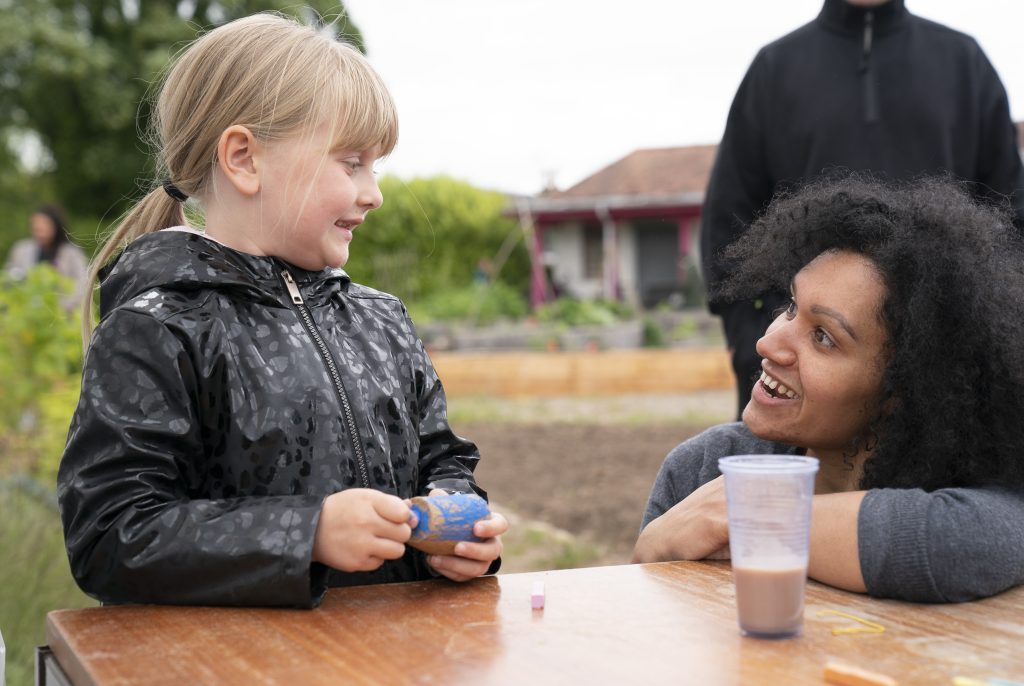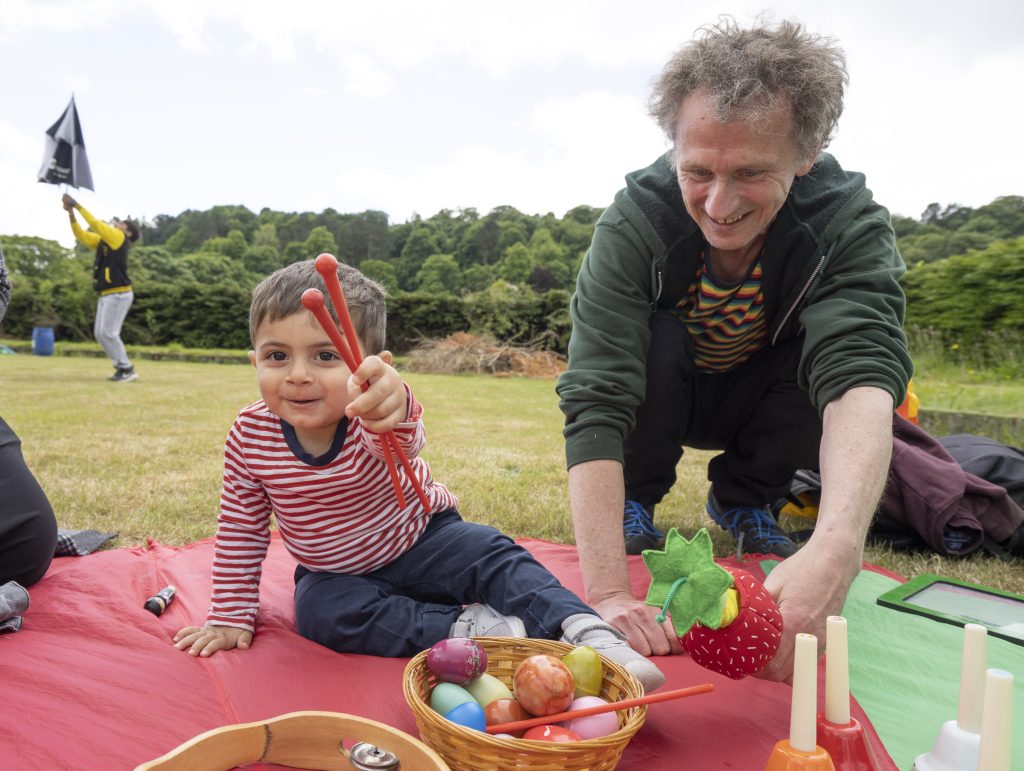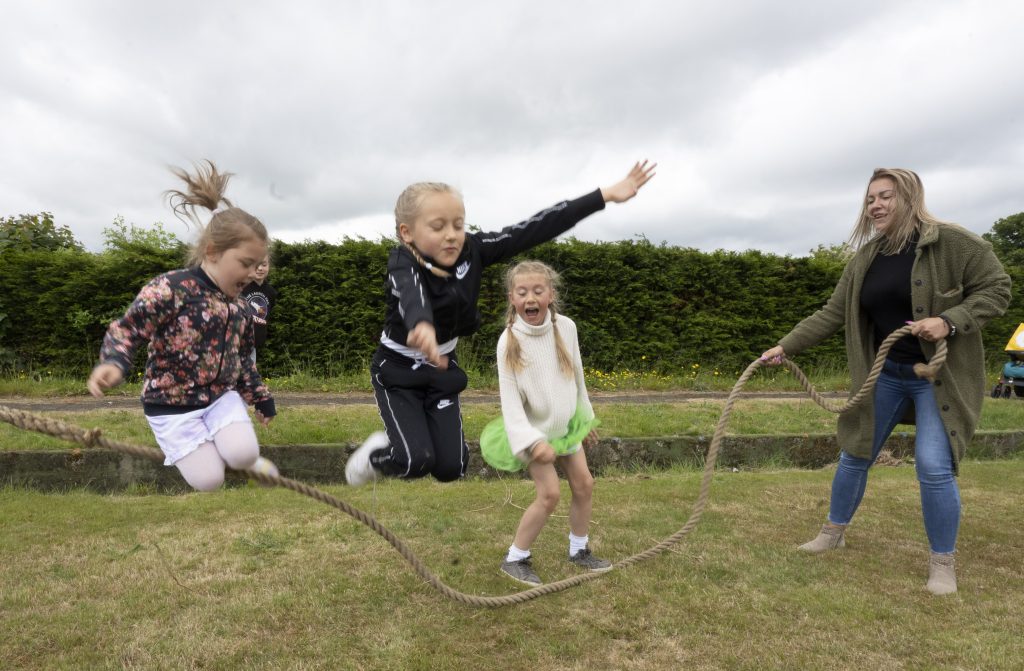If you look up ‘firefighter’ you will find it in every dictionary. The same as doctor, teacher, and lawyer. But if you look up Playworker what do you find?
The Problem
‘Playwork’ and ‘Playworker’ appear in the Oxford English Dictionary, however, despite the importance of this field, neither are officially recognised in the Cambridge dictionary, or other major dictionaries.
Why is playwork important?
Over the last few decades, the role of the Playworker has been increasingly recognised within the fields of education, childcare, and psychology. However, many people are unaware of playwork and the importance of playworkers. This is an excellent opportunity for us to shout about the amazing work that playworkers do and how they enrich the lives of children and empower children all over the world.
The Playworkers Do Playwork Campaign
Play Scotland want to celebrate playwork as a profession. We want to highlight its significance in promoting children’s development, wellbeing, and the importance of play. That is why we are launching our latest social media campaign to get Playworker and Playwork added to the Cambridge dictionary, and we need your help!

How will we win?
Through running this campaign we will raise awareness of the importance of playwork.
The way words are considered for inclusion in dictionaries is through usage. That means, if we want playwork and playworker to be added to the dictionary we have to use them online and in print.
What can you do to support the Playworkers Do Playwork Campaign?
There are three steps you can take to support our campaign:
- Share your stories of playwork and being a playworker on social media using #PlayworkersDoPlaywork and tagging us @PlayScotland
- Write a blog for us about A Day in the Life of a Playworker. Find out how here.
- Have you previously published work or papers that use Playwork and Playworker? Send us the reference to the book, article, or post so we can collect and share evidence of the words being used! Email us at info@playscotland.org

Our definitions
A Playworker is a person skilled in the art and science of play, who can support and facilitate play, can offer flexible environments for play that are created, controlled and adapted by children and young people, and can observe play needs, and enhance and extend play.
Playwork is an approach to working with children in which children determine and control the content and intent of their play, rather than it being led or directed. The play process for children includes exploration, trying out things, testing boundaries of ability as they grow, learning from successes and mistakes to build resilience and adaptability.
Why is playwork so important?
‘All children and young people need to play. The impulse to play is innate. Play is a biological, psychological and social necessity, and is fundamental to the healthy development and wellbeing of individuals and communities.’ – The Playwork Principles
The role of the playworker and the aim of playwork is to support all children and young people in the creation of a space in which they can play.
Playworkers are skilled and knowledgable professionals who are experts at balancing risk with the developmental benefit and well-being of children.
They are champions of child-led practice and the importance of self-directed and freely chosen activities. Their skills lie in creating inclusive, safe, and stimulating environments conducive to creativity, exploration, and social interaction.
Playwork and playworkers are essential in building a future where all children can access their right to play.

Thank you for your support!





